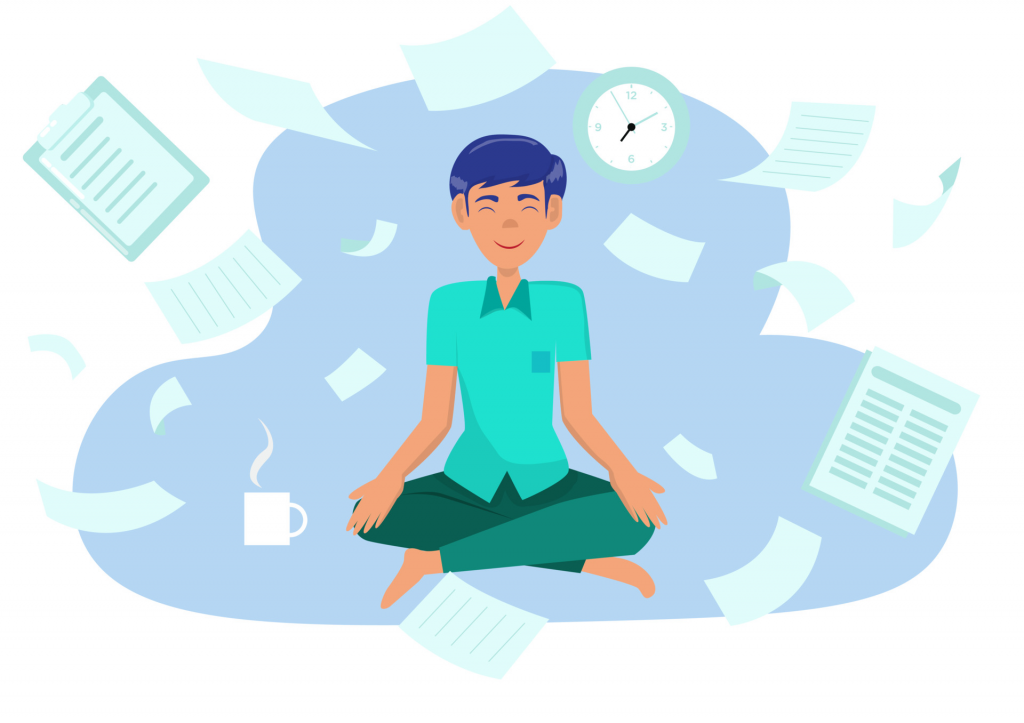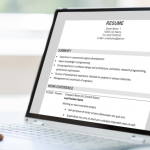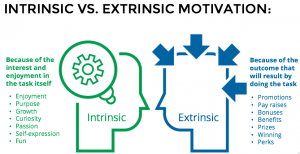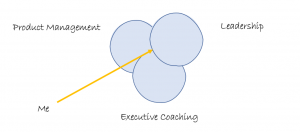The use of mindfulness practices can significantly improve your quality of life. It provides a calm refuge among daily stress and distractions. This old practice, based on the simple habit of being aware of your present moment, has evolved into an essential element of modern physical and mental health management. In this article, we will explore the many facets of mindfulness, discover its immеnse benefits and offеr tips on how to practice mindfulness in your daily lifе.
What Is Mindfulness?
Mindfulness is the ability to maintain a state of full or impartial awareness of one’s emotions, thoughts or experiences continuously, from moment to moment. By focusing on the present, practicing mindfulness can help relieve the stifling daily grind of our lives and provides an opportunity to calm down and regain focus. It is a method that is open to everyone, whether you are meditating, breathing, walking or eating – every moment is a chance to engage in mindfulness practice.
Benefits of Mindfulness
Being mindful can drastically enhance both mental and physical well-being, and create the foundation for a healthy lifestyle. This holistic approach doesn’t just reduce anxiety or anxiety, but it also helps improve the performance of various bodily functions.
Psychological and Physical Benefits

Studies have shown that mindfulness practice is able to lower stress levels and increase emotional control. It also enhances many cognitive capabilities such as attention, memory and decision-making abilities. Practicing mindfulness can lead to changes in the brain’s structure that include an increase in levels of the areas that impact memories and learning. Physically, it can assist in relieving stress-related symptoms, such as chronic pain or hypertension as well as enhancing general well-being according to Verywell Mind.
Mindfulness in Reducing Stress and Anxiety
Mindfulness is particularly effective in reducing stress at work, and also in increasing productivity. People who practice mindfulness experience less stress and are happier with their work. Research suggests that mindfulness practices may help lower the possibility of burnout, as well as emotional exhaustion. This is due to the fact that they assist individuals handle their workloads more effectively.
In addition to these benefits directly it can also result in an increase in self-awareness and empathy, thereby improving interpersonal relationships and improving general well-being. The effects of practicing mindfulness go beyond personal benefits, impacting the work environment and community interactions, with improved communication and less conflict.
Core Practices of Mindfulness
The practice of mindfulness is exploring ways to practice mindfulness that increase our awareness as well as interactions with those that surrounds us. While focusing our attention on the present moment.
Various Techniques of Mindfulness
Many methods let people to learn about mindfulness in a way that is best suited to their personal style and requirements. Meditation in a sitting position can help you focus on your breathing or the focus area, leading to a state of mind that is clear and focused. Body scanning is a mental motion of the body from head to feet. It assists in identifying and releasing tension. It also improves perception of your body. Moving mindfully transforms a routine exercise into a form of meditation, every step is an opportunity to become in the present moment. These techniques not only enhance mindfulness however, they can also be available to anyone in their every day.
Creating a Mindful Routine
To get the most benefits of practicing mindfulness in your daily life including it into your daily routines is essential. It can be as simple as taking your breath in when waiting in the line, or using your ear in a relaxed manner when talking. Making a schedule may require scheduling specific times when you practice meditation, and utilizing apps to keep track of and guide your practice, and possibly adding regular intervals throughout the day. It is crucial to remain constant, as it helps to establish the habit of meditation and allows the benefits of meditation to extend across all aspects of our life.
Mindfulness for Specific Situations
The ability to adapt mindfulness to different situations increases its relevance and effectiveness, making it an effective tool for solving different problems.
Mindfulness at Work

Applying mindfulness at work can change the work environment to reduce stress and create an open, thoughtful workplace atmosphere. Strategies like taking short breaks and meditating during transitions – a great way to reduce stress and improve coworker communication and concentration. Employers are increasingly aware of these benefits and are incorporating mindfulness into their health and wellness programs to create a reliable and productive workforce.
Mindfulness for Anxiety
Particular help in overcoming anxiety can be provided by mindfulness. Techniques like mindfulness or controlled breathing without attachment allow people to cope with anxiety without feeling defeated by it. This practice can help reduce the intensity and frequency of anxiety by increasing control and calmness. It makes easier to respond to stressors. Regular mindfulness practices can dramatically change a person’s attitude toward anxiety, thereby providing a powerful method of emotion regulation and well-being.
With consistent practice and careful application to specific situations, mindfulness can bring great benefits. It can improve your professional and personal life through greater mental clarity, reduced anxiety and stress, and increased emotional resilience.
Advancing Your Mindfulness Practice
As you get more used to the basics of mindfulness, expanding your practice is the next step in enhancing the connection between your own inner self as well as your surroundings.
Deepening Mindfulness Techniques
To enhance you mindfulness practices, think about investigating advanced techniques for meditation that increase consciousness and awareness. According to Chopra, an efficient method can be one that is called the Microcosmic Orbit, a Taoist Qi Gong meditation that circulates energy throughout the body, improving wellbeing and decreasing stress. Another practice that is highly effective can be found in one of the most effective meditations is “World Is in Me” meditation, which alters your focus from being one of us, to being the universe that is within the body, increasing your sense of connectedness to everything.
For those who are seeking organized courses, Mindfulness-Based Cognitive Therapy (MBCT) and Dialectical Behavior Therapy (DBT) provide strategies that incorporate mindfulness practices into therapeutic ones that help you manage your the emotions and behavior more efficiently. MBCT is one example. It integrates cognitive therapy methods along with traditional mindfulness techniques to avoid relapses in depression. DBT concentrates on the regulation of emotions and interpersonal efficacy, which is useful for a wide range of psychological disorders.
Tools and Resources for Enhanced Practice
The practice of mindfulness can be aided with a range of tools and resources that are available online. For guided meditations as well as structured learning, a variety of websites provide free materials, which include extensive meditation worksheets, exercises, and teaching programs that can assist you in creating your own classes or expand your practice. Furthermore, many apps offer access to a variety of guided meditations that can be easily included into your routine.
If you’re who are interested in teaching mindfulness, getting certified through a recognized program could give you the confidence and the depth needed to guide others effectively. The programs typically provide extensive training and support materials that allow individuals to become certified mindfulness instructor. This pathway not only improves your practice but helps others experience the transformative benefits of mindfulness.
Through exploring these resources and tools, you can dramatically improve your mindfulness abilities, creating more peace, understanding, and a greater ability to manage the challenges of life.









